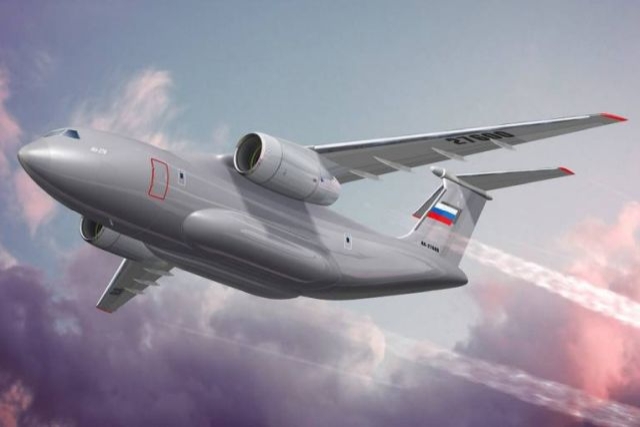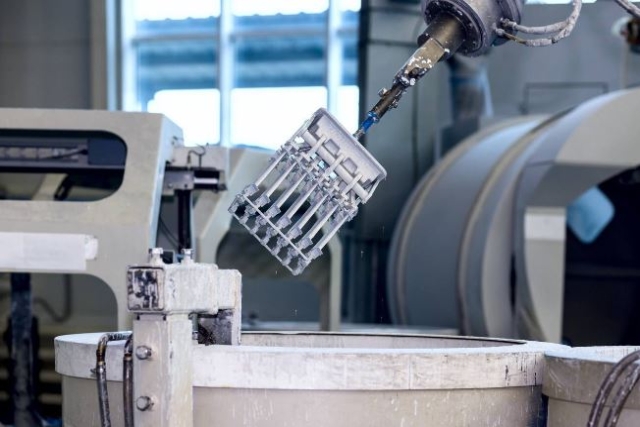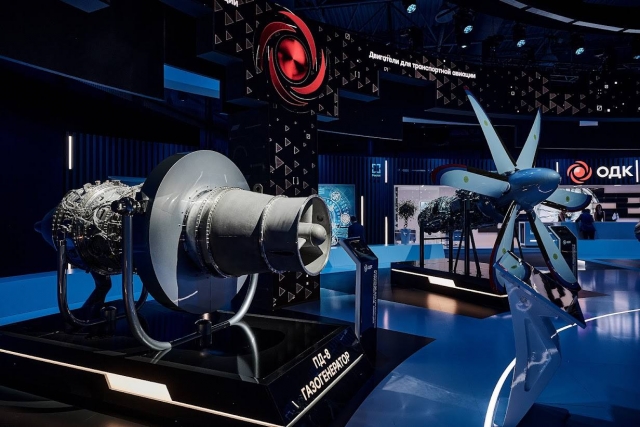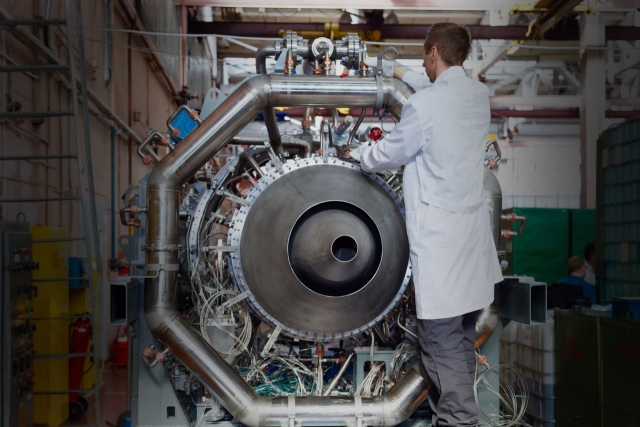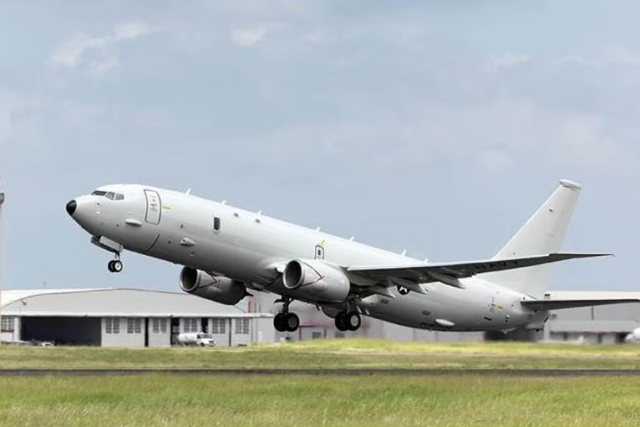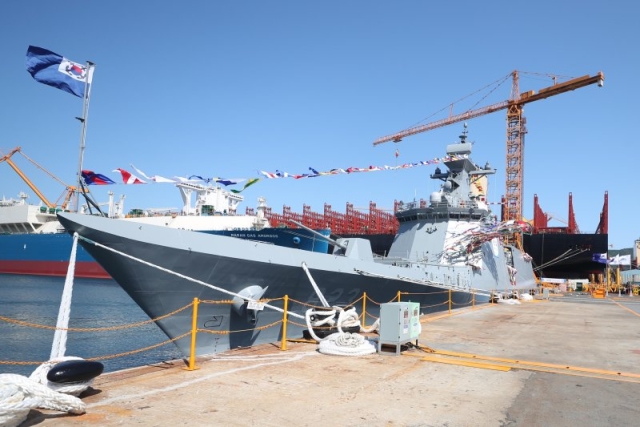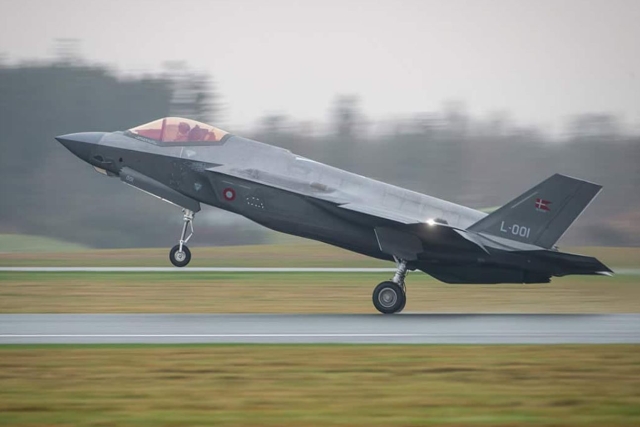UEC’s ODK-Saturn Introduces Digital Certification for SSJ-100 Airliner’s PD-8 Engine
This initiative aims to streamline and expedite the certification process for the PD-8 engine.
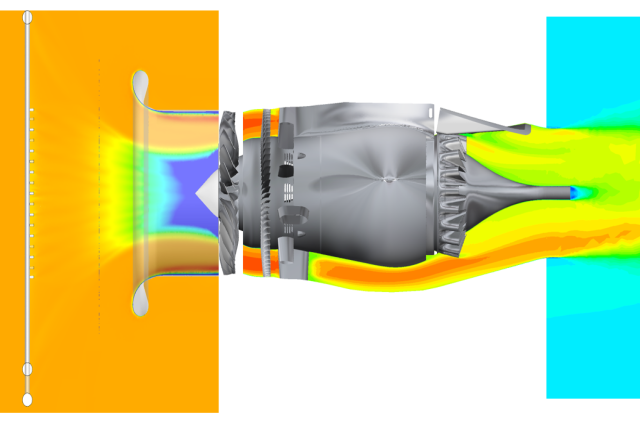
The Rybinsk-based enterprise "ODK-Saturn" of the United Engine Corporation (UEC) has unveiled plans to implement digital certification methods for its PD-8 aircraft engine, a critical component designed for the domestically manufactured Sukhoi Superjet 100 (SSJ-100) passenger airliner.
Leveraging digital twin technologies and computer modeling, this initiative aims to streamline and expedite the certification process for the PD-8 engine.
The certification of aircraft engines traditionally demands extensive full-scale testing to ensure compliance with stringent safety and performance standards. By integrating digital twin technologies, ODK-Saturn seeks to reduce the need for exhaustive physical testing while accelerating the engine's certification timeline.
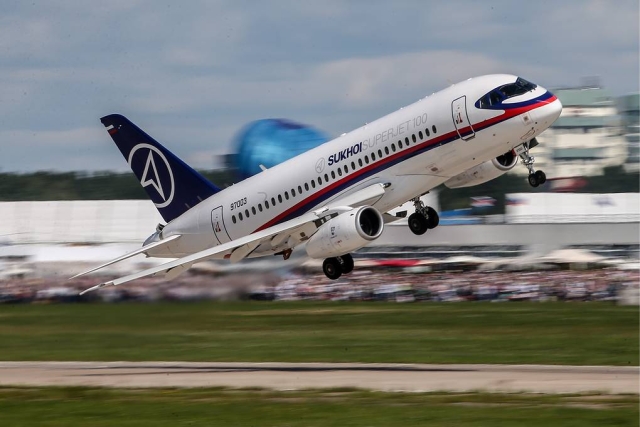
One of the key elements of this digital certification strategy is the utilization of computer modeling for virtual testing. This approach enables engineers to simulate various scenarios, assessing both individual engine components and the overall system performance. Notably, digital testing can effectively evaluate critical aspects such as engine cooling, fire safety, adverse weather conditions (e.g., rain, hail, and icing), and even the engine's response to foreign object damage (FOD) like bird strikes.
The adoption of digital twin technology at ODK-Saturn is a collaborative effort involving engineering institutions and domestic software developers. Partnerships with companies specializing in digital platforms, such as CML-Bench and pSeven Enterprise, are instrumental in refining and implementing these advanced modeling solutions.
Moreover, this approach lays a foundation for efficiently validating future iterations and modifications of the PD-8 engine.
